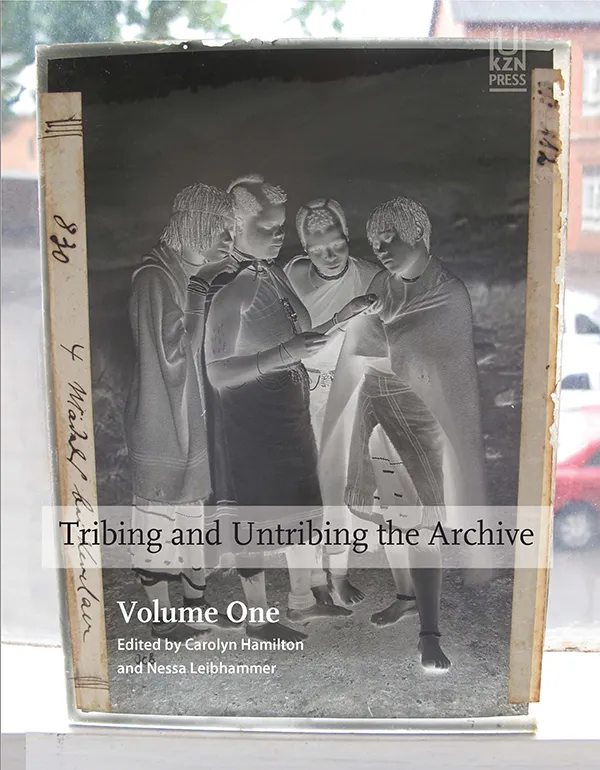The pernicious combination of tribe and tradition continues to tether modern South Africans to ideas about the region’s remote past as primitive, timeless and unchanging. Any hunger for knowledge or understanding of the past before European colonialism thus remains to a significant degree unsated, even denied, in the face of a narrowly prescribed archive and repugnant, but insidiously resilient stereotypes.
These volumes track how the domain of the tribal and traditional was marked out and came to be sharply distinguished from modernity, how it was denied a changing history and an archive and was endowed instead with a timeless culture. These volumes also offer strategies for engaging with the materials differently – from the interventions effected in contemporary artworks to the inserting of nameless, timeless objects of material culture into histories of individualised and politicised experience.
The volumes make the marooned archive of material culture more visible and more available for consideration as an archival resource than it is currently. They also seek to spring the identity trap, releasing the materials from pre-assigned identity positions as tribal into settings that enable them to be used as resources for thinking critically about identity in the long past and in the present.
Table of Contents: Volume 1

Preface
Acknowledgements
Orthographic and Name Notes
Introduction: Tribing and Untribing the Archive
- Carolyn Hamilton and Nessa Leibhammer (FULL TEXT AVAILABLE)
Section One: Mortified, Marooned, Mobilised
- Nessa Leibhammer
Shifting Contexts: Material, Process and Contemporary Art in Times of Change
- Nontobeko Ntombela
- Grant McNulty
Section Two: Layered Landscapes, Segregated Spaces
Archaeological Contexts and the Creation of Social Categories Before the Zulu Kingdom
- Gavin Whitelaw and Simon Hall
Making Identities in the Thukela-Mzimvubu Region c.1770–c.1940
- John Wright
The Tribal History Project, 1862–4
- Jeff Guy
A.T. Bryant’s Map of the ‘Native Clans in Pre-Shakan Times’
- Norman Etherington
- Nokuthula P. Cele
Re-tribe and Resist: The Ethnogenesis of a Creolised Raiding Band in Response to Colonisation
- Sam Challis
‘We of the White Men’s Country’: The Remaking of the Qadi Chiefdom, 1830s to 1910
- Heather Hughes and Mwelela Cele
Table of Contents: Volume 2

Section Three: Significant (Mis)identifications
Forging Identities in an Uncertain World: Changing Notions of Self and Other in Early Colonial Natal
- Sandra Klopper
‘A Paralysis of Perspective’: Image and Text in the Creation of an African Chief
- Jeff Guy
- Christoph Rippe
- Carolyn Hamilton and Nessa Leibhammer
The Natal Government Railways and Their Productions of ‘the Zulu’
- André Croucamp
Section Four: Archival Biographies
- Catherine Elliott Weinberg
- Anitra Nettleton
- Hlonipha Mokoena
Using Zulu and Losing Zulu: How the Clem Webb Collection was Undone
- Sara Byala and Ann Wanless
Epilogue: We Need New Names Too
- Mbongiseni Buthelezi (FULL TEXT AVAILABLE)
Contributors
Select Bibliography
List of Illustrations
Index